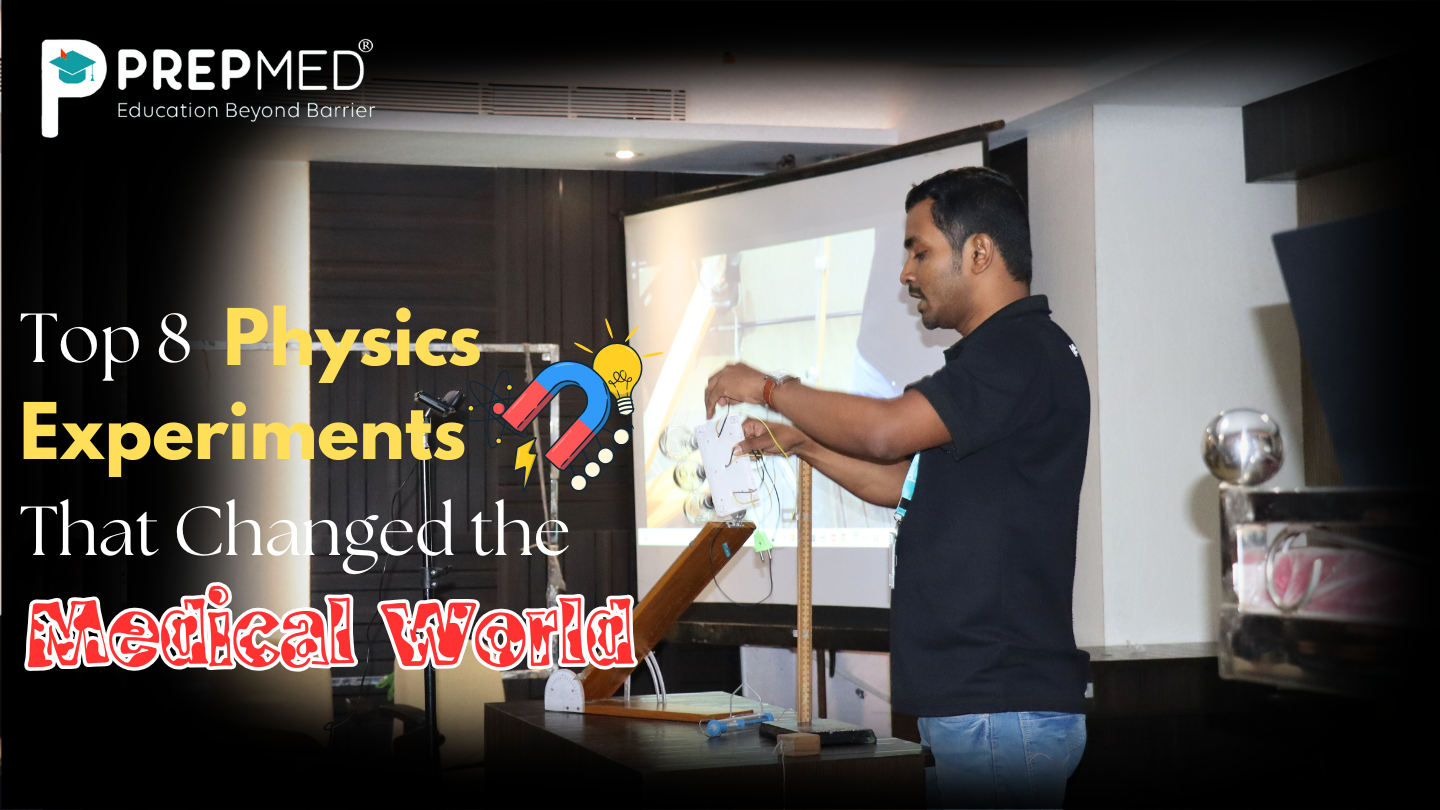October 30, 2024
Top 8 Physics Experiments That Changed the Medical World
Physics is no doubt considered the most interesting subject of all the time. From experimenting fantastic physics experiments to discovering new groundbreaking theories, this subject makes sure that the students find interest while studying this subject. Physics is one of the major backbone of medical science that has led to innumerable discoveries in the medical world. Physics has a number of theories that has resulted into the discovery of fundamental facts and major milestones via undergoing multiple experiments.
There are many experiments that have shed some light on the unknown facts around us. Here are the top 8 physics experiments that have changed the perspective of the medical world.
1. Medical Imaging Experiment:
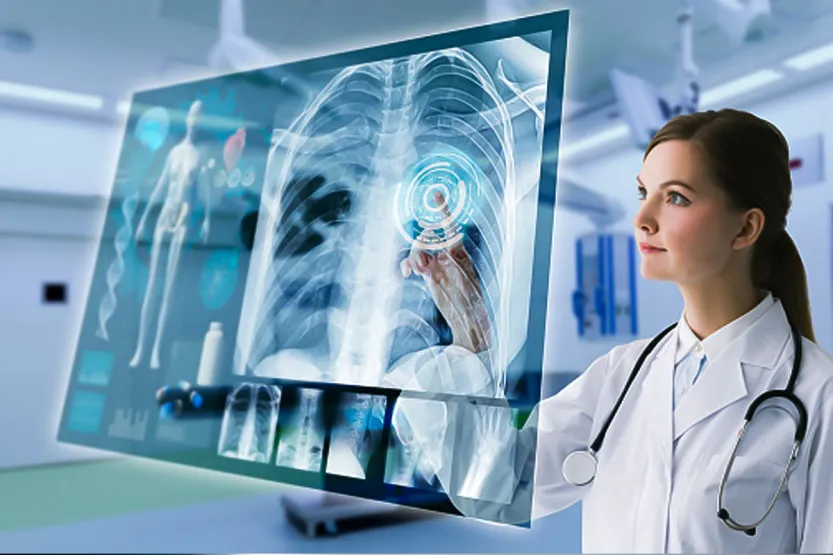
The X-rays were the very first medical imaging machines which was discovered by German Physicist Wilhelm Conrad Rontgen who experimented with electrical currents through cathode-ray tubes made of glass. This medical imaging device creates digital images which helps in scanning pre-natal conditions and many other abnormalities using super high-frequency sound waves. Following this, the next discovery was a mind-blowing one, which saw the discovery of Magnetic Resonance Imaging (MRI). The high magnetic field helps in producing digital images that detects life-threatening cysts, tumors, heart, and spinal cord problems.
2. Archimedes Principle:
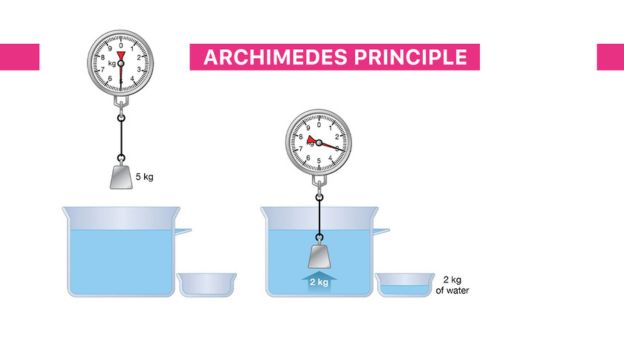
Archimedes, one of the great leading physicist have discovered the greatest Archimedes principle that has created a way to make the students get a strong understanding of the fluid dynamics. This principle helps us to calculate the buoyancy of the immersed object that may be partially or fully immersed in a liquid. This principle has brought a huge change in the medical history as it can be used to determine the body fat percentage, measure the bone density, strength, and stiffness.
3. Pascals Principle:
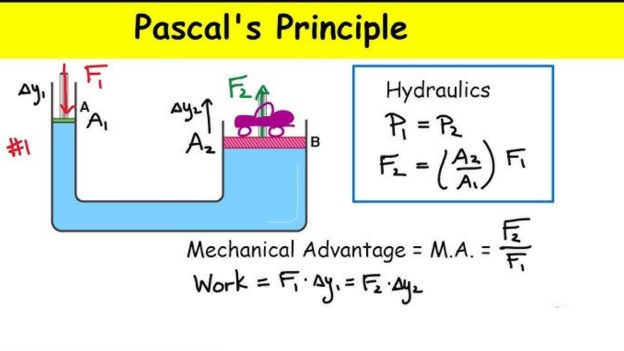
Pascals principle is one of the most interesting experiments. It states that if there is a slight change in the pressure levels at any point in a fluid, it is transmitted all over the confined fluid such that the pressure change is same everywhere. Pascals law is useful in the medical history as it helps the medical professionals to understand the compression therapy. Pascals principle helps in understanding the biomechanics of mesh placement. This law is also used in the Heimlich maneuver.
4. Gravitational law:
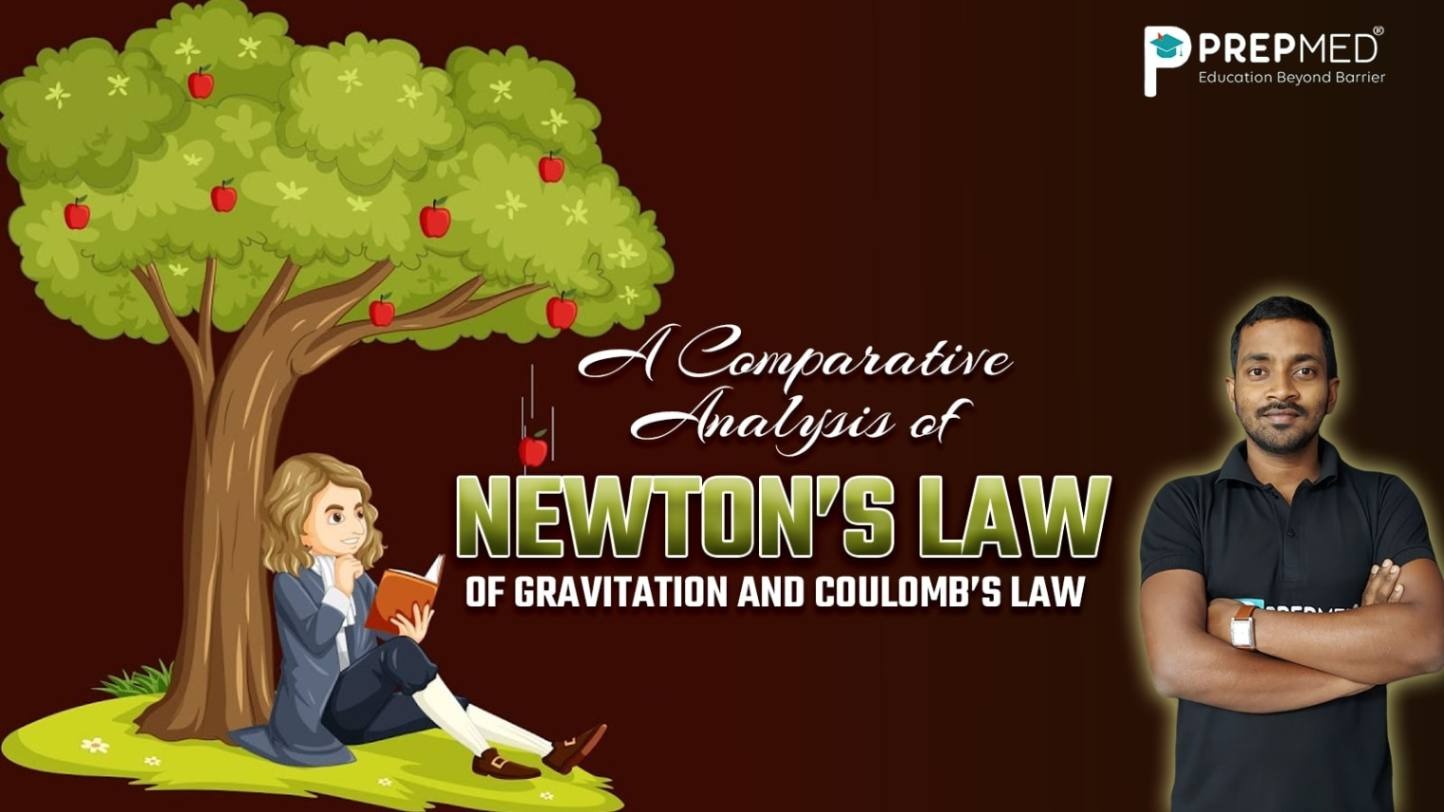
Isaac Newton is one of the greatest physicist ever. His law of universal gravitation states that each individual particle attracts the other with some force which has an inverse relation to the square of the distance and also directly related to their product of the particle’s masses. Gravity plays a vital role in the medical world, especially in the physiology. Gravity is used to infuse medicinal drug and fluids at a specific height to create the required flow pressure and rate.
5. Electricity:
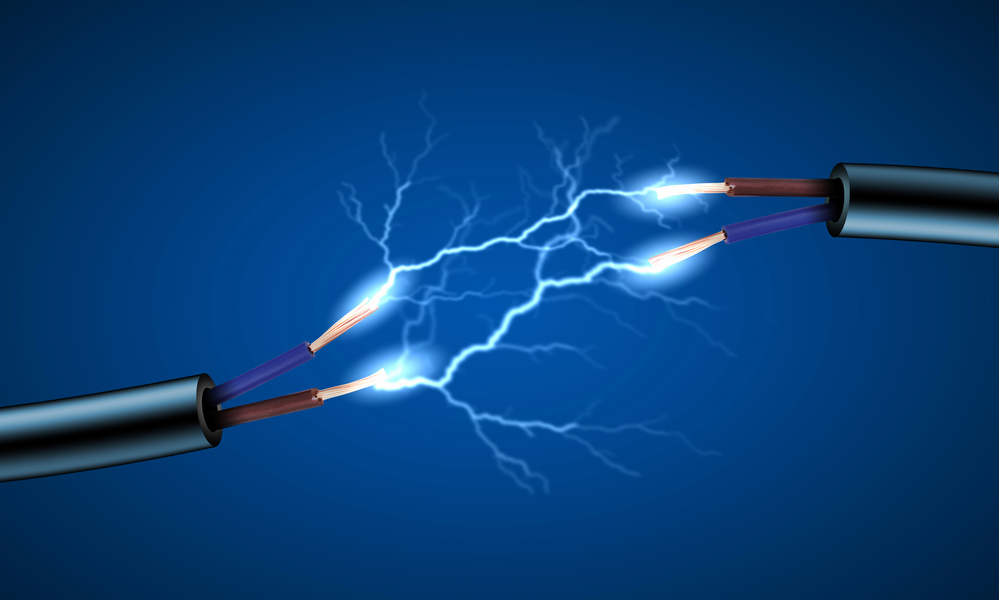
Modern world is highly dependent on the great discovery of Nikola Tesla and Thomas Edison. Nikola Tesla discovered alternating current electricity while working and improving Edison’s direct current generator. This experiment allows us to generate high voltage power in the hydroelectric power sessions. Electricity experiments has not only led to innovative innovations but has also helped in the healthcare sector a lot. Electricity is used by dermatologists to remove moles and warts. Also, electricity helps in stimulating electrical signals in the body and also can be used to regulate neurological pathways.
6. Thermodynamics:

There are three basic laws of thermodynamics, but the best and the most practical one is the second one. It says that the total entropy of an isolated system is reversible and remains constant throughout, it can never decrease over time. Thermodynamics has many medical applications like cancer diagnosis, evaluating tumor growth and inducing therapy. Thermodynamics mot only helps in brain studies but also is very essential in laser microsurgery, hypothermic equipment, and drug design.
7. General Relativity:
Albert Einstein’s general theory of relativity refines Newton’s universal gravitational law. This experiment states that the space-time curvature shares a direct relation to the energy and momentum of radiation that is already present. General relativity can be used to determine everything starting from the discovery of existence of black holes to gravity-induced light bending. The medical field uses relativity principles to treat chronic diseases and also helps in medical micro-optical image matching.
8. Higgs Boson:
Higgs Boson experiment answers our most valuable question, “Why do we and everything we have an interaction with, have mass?”. This is a fundamental subatomic particle that is responsible for giving mass to every particle. The existence of this particle explains why weak nuclear force is confined to a smaller location whereas electromagnetism spreads over a large area. 2012 saw the discovery of Higgs boson whereas this has now given the most promising breakthrough in the medical field in the 21st century. Higgs boson might help human beings to make quantum leaps in the future and also it is working to transform various surgery procedures.
FAQS: Physics Experiments
1. Is it important to memorize every physics experiments to excel in this field?
Rote memorization is not recommended especially in the learning phase. Experiments help us to understand the logic behind every theory and therefore it is vital to learn and grasp the concepts.
2. Will I forget if I perform this experiment once in my life?
There are plenty of experimental videos and tutorials available in the internet nowadays that will help you summarize the experiment that you have performed. So, yes if you are completely out of touch from the topic, you might forget some portions.
3. Why performing experiments is essential?
Theory of science can never be understood until and unless practical experiments are performed. It gives you a in-depth knowledge of how the theories have evolved.
